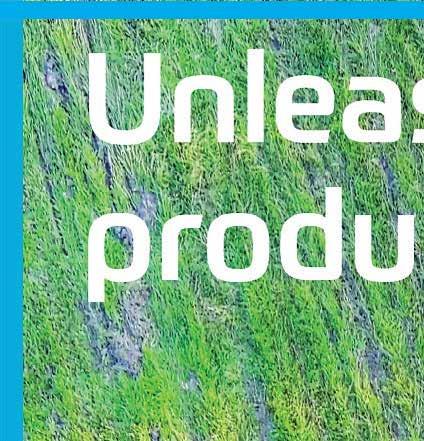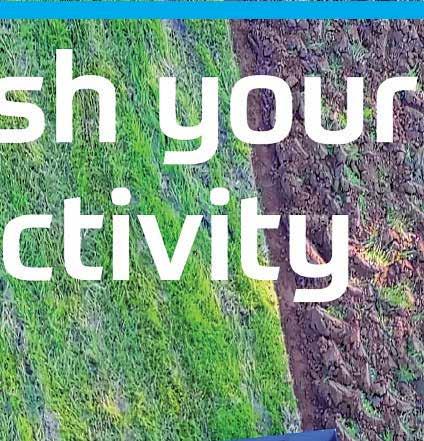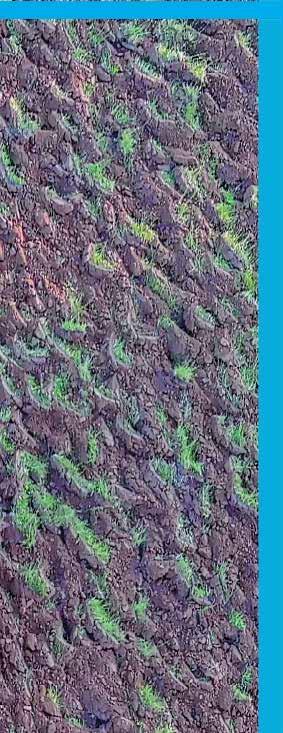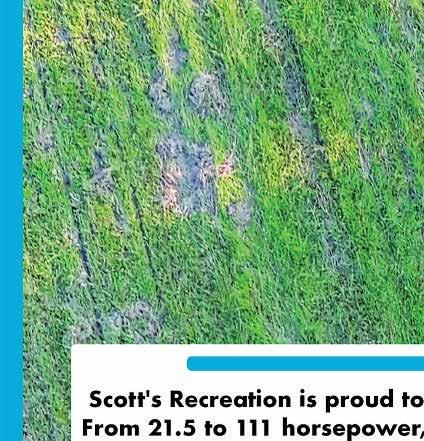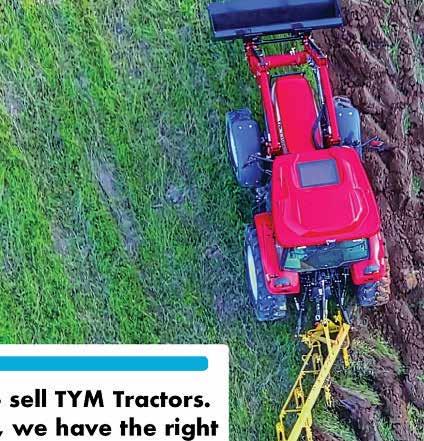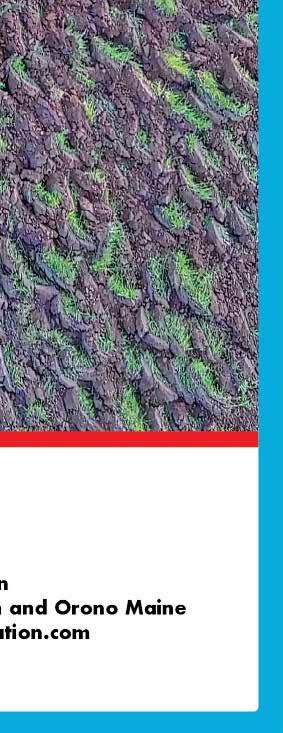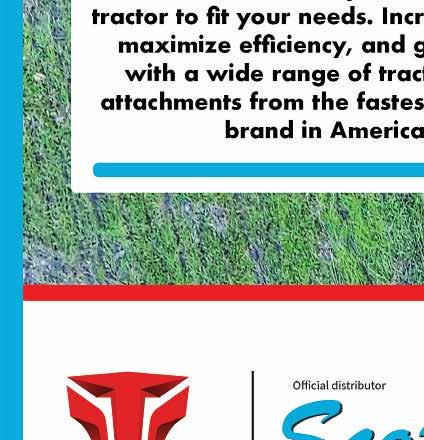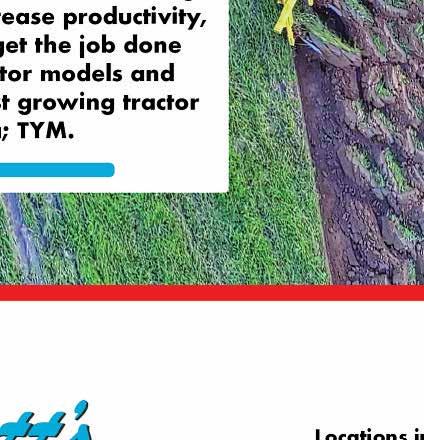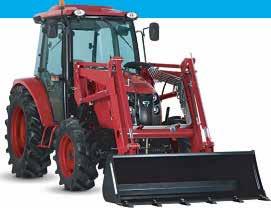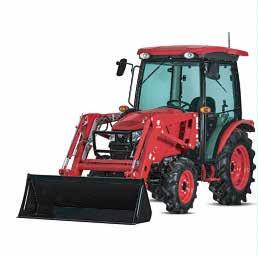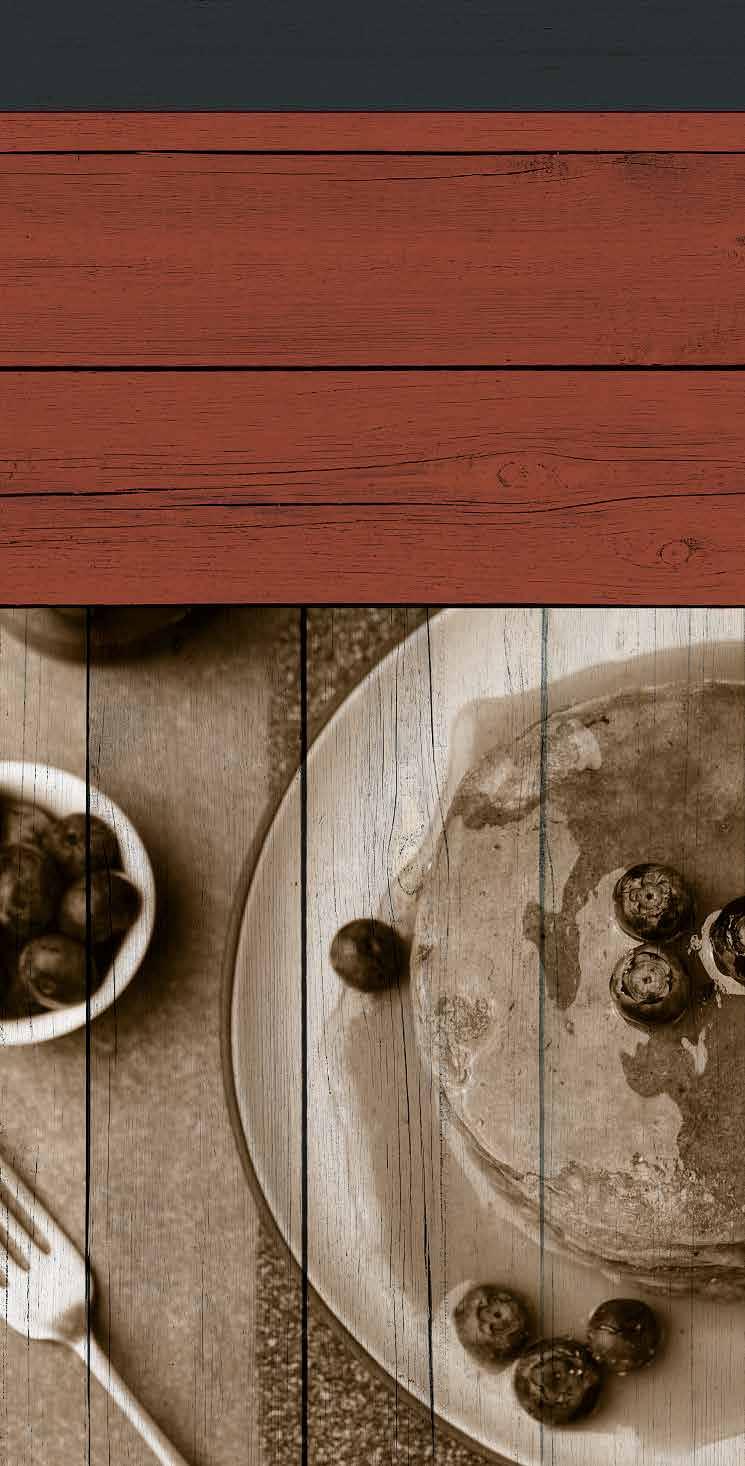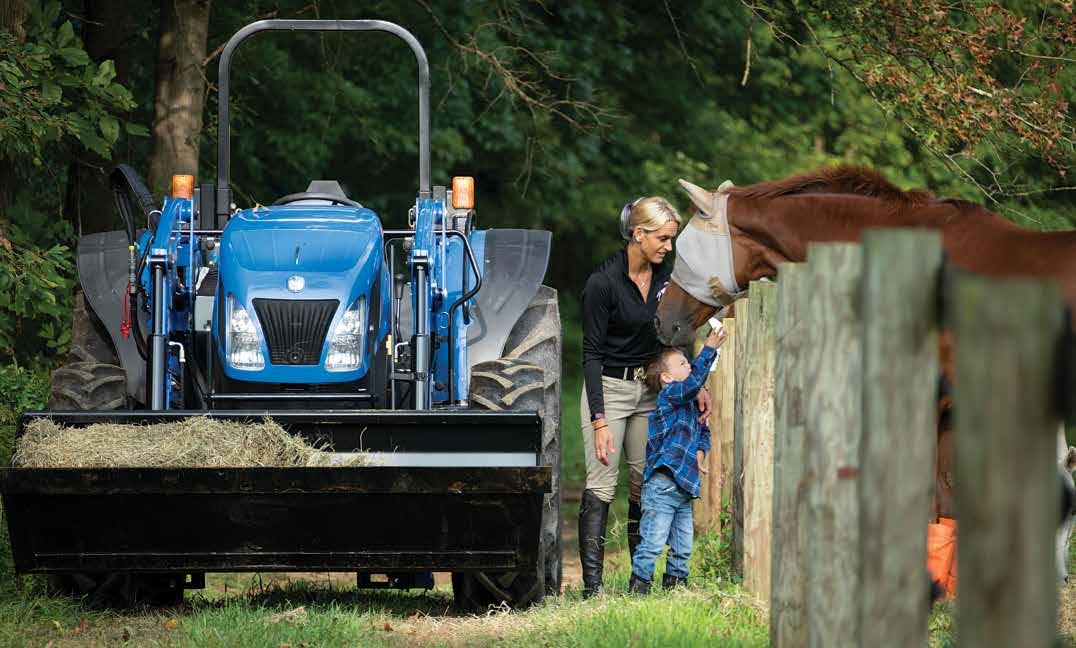
1 minute read
Q and A with a Soil Scientist
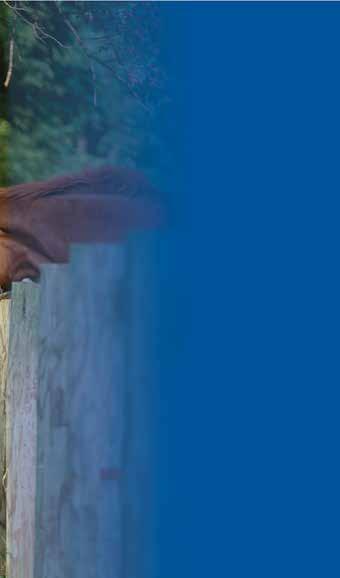
With spring planting season upon us, what should gardeners know about soil health? We asked Matt Boucher, Maine’s state soil scientist, to fill us in. Boucher said his role “ranges from developing assistance programs for farmers … to providing education and outreach to Mainers.” The common thread in his work for the state is “to help Mainers connect better with the soil we occupy, and to demonstrate how the tremendous beauty of our state would not be possible without our soil.”
Why is soil health important to everybody, not just farmers?
Soil is not a renewable resource, and if we do not take care of it, we will lose it. The topsoil is rich with nutrients that aren’t necessarily available deeper in the soil and using that soil without replenishing or conserving those nutrients will make it harder and harder to produce food at the scale we need to survive. Soil erodes when left bare, and that soil eventually makes its way to waterways, where we cannot recover it. The process of turning rocks into soil happens on the scale of thousands to millions of years, and we are losing soil far faster than it can be replenished.
Soil health is not just an agricultural issue — we use it for infrastructure, recreation, and a host of other activities. Think about the fertilizers and pesticides you apply to your yard to maintain your lawn. Is that soil healthy if it cannot sustain your lawn without external inputs? Soils do best when diverse life lives on and in it — the everyday decisions we make affect it. Small changes to make soil healthier in our homes and gardens can lead to big benefits over time.
Is there something gardeners shouldn’t do as a soil practice?

Do not leave your soil bare! When you reach the end of the season, leave the plant residue on the soil surface. This residue contains valuable nutrients that the plant removed from the soil and letting it decay in the garden returns those nutrients to the soil while protecting that soil from eroding and structural malformation.
I am looking to construct some raised beds. What should I look for in the soil I use?
Many folks will choose to buy topsoil and compost and use that for raised beds. I would not encourage anyone to dig up a portion of their land to build raised beds — instead purchase soil in bulk from your local nursery. The soil should be dark brown to blackish, and when you pick up a handful, it should be pretty crumbly, with small, spherical granules that break apart relatively easily. Avoid any soil that has a lot of sand and soils high in clay. Mix some compost with the soil you purchase to provide some quality nutrients for your plants.



